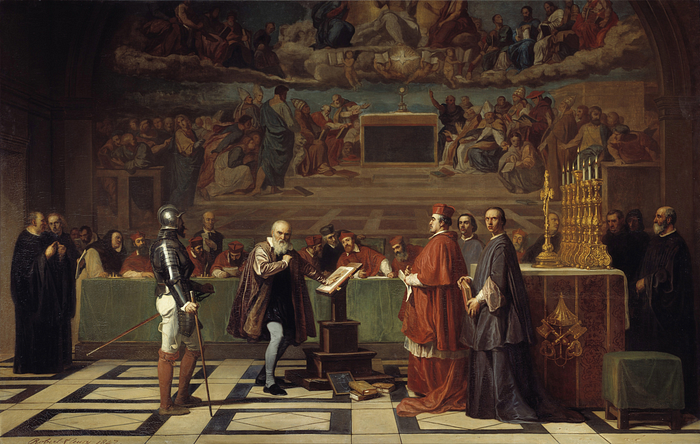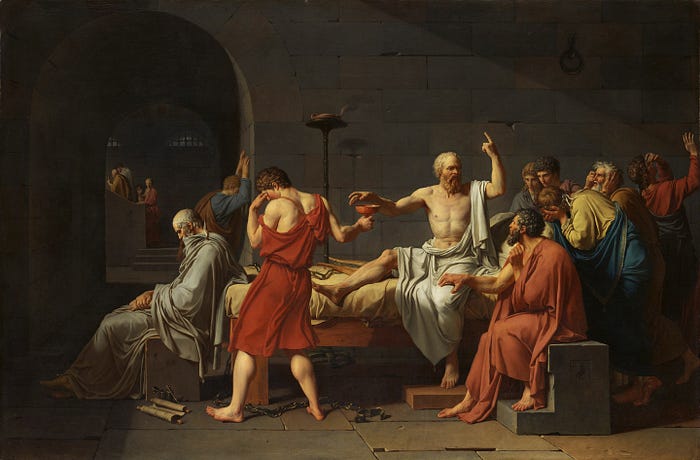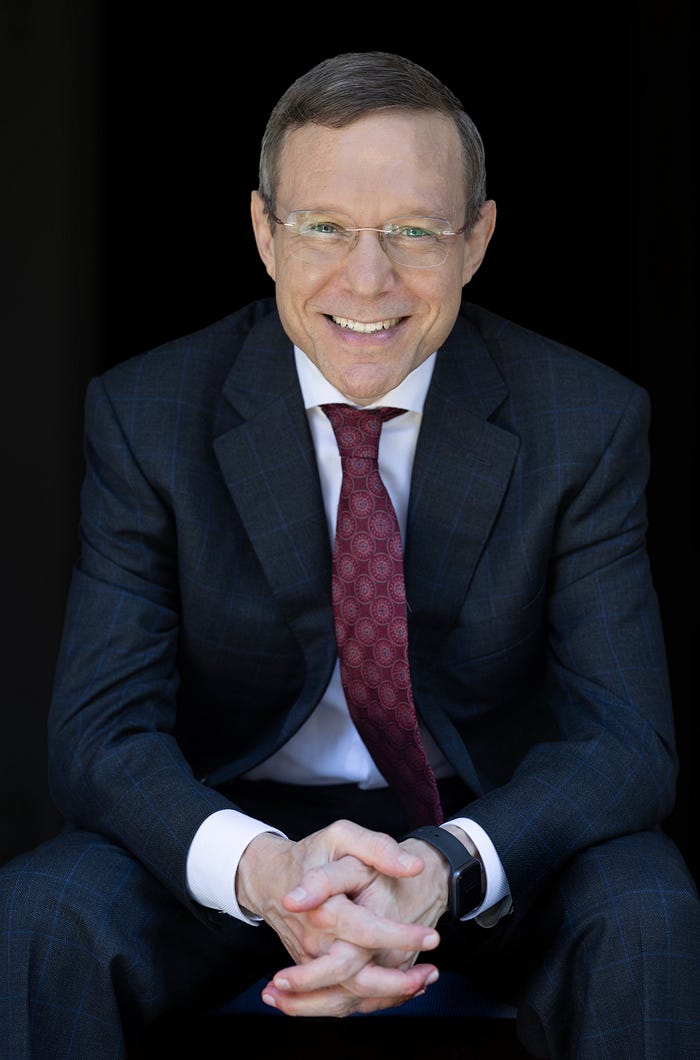
We live in an unfortunate time when the social media megaphone is in the hands of unreliable people with agendas. Doing the hard work of science is ridiculed by lazy critics who have an opinion.
Lately, some of these commentators promoted the claim that the spherules we collected in an expedition to the Pacific Ocean and analyzed carefully with the best instruments in the world over the past five months, are coal ash. This claim is based on unrefereed comments that superficially examined a few elements out of the dozens we analyzed. To be scientifically credible, any such claim must reproduce the measured abundances of all elements and, in particular, demonstrate the loss of volatile elements — as derived in our paper. Our team member, Dr. Jim Lem, head of the Department of Mining Engineering at the University of Technology in Papua New Guinea, noted: “The region where the expedition was carried, should have no coal mineralization. In addition, coal is non-magnetic and cannot be picked up by the magnetic sled that was used.” Indeed, our “BeLaU”-type spherules have a much higher iron abundance than coal ash. Case closed.
Our research teams at the Bruker Corporation in Germany and at Harvard University in the US are currently analyzing the remaining 93% of our full sample of nearly 800 spherules. We will report the complete results once available in the coming months. The fact that vocal critics reach definitive conclusions about the nature of these spherules without having access to them, demonstrates how unprofessional their conduct is.
Misinformation can be spread by individuals who do not respect the hard work involved in the analysis of materials before expressing a verdict on their nature. The only way to find the true scientific interpretation is through a rigorous experimental study of the spherules.
The critics include bloggers and science popularizers who pretend to defend science but are not engaged in the work of science. Some commentators label themselves astrophysicists even though they dropped out of academia long ago and did not publish a single scientific paper over the past decade. When I pointed out that such people resemble spectators who tell soccer players how to pass the ball, one of them chose to describe himself as “Some blogger who doesn’t even write a single paper in a decade.” on his twitter handle, demonstrating how proud he is of his incompetence.
Let me make one thing clear. Those who view incompetence as a feather in their cap, will not succeed in terrorizing real scientists.
George Orwell forecasted this unfortunate reality forty years too early. In his book “1984” he mentioned the Party’s slogan: “Ignorance is strength.” Similar to the Orwellian dystopia, the words of the above commentators who pretend to protect science, violate the very principles they claim to represent.
The tedious work of collecting materials and analyzing them requires a considerable effort. For our research team, it required months of preparation for the Pacific Ocean expedition, weeks of collecting materials from the mile-deep ocean floor across a seven-mile region plus control regions, and months of detailed analysis of these materials, all in partnership with the best professionals in the world. In contrast, critics have the easy option of throwing dust in the air and claiming that they do not see anything.
Of course, critics suppressed progress throughout history. In fact, circumstances were even more unsettling in ancient times before modern science emerged. However, the present-day situation is frustrating in a different way. Loud voices on social media and blog posts claim to represent science without following the practice of science. What makes this experience surrealistic is that virtual realities like extra-dimensions, the multiverse, or the notion that we live in a simulation are not scrutinized at all, even though these ideas are — in the words of Wolfgang Pauli — “not even wrong”, because they have no evidence whatsoever to support or contradict them.
Humanity is unlikely to find new knowledge about the cosmic neighborhood beyond the solar system without open-minded empirical exploration. The proper perspective on whether we have cosmic neighbors will be learned through experimental work of the type that the Galileo Project team is pursuing.
Commentators are often forgotten. Who remembers the names of the individuals who convicted Socrates for corrupting the youth of Athens? Who remembers the names of the antagonists of Galileo Galilei?

Whether our civilization survives in the long run will depend on its willingness to learn from evidence rather than from preconceived opinions. Nature is more imaginative than we are. Our horizons will expand only by studying nature in the real world rather than insisting on the way we imagine nature in our minds.
ABOUT THE AUTHOR

Avi Loeb is the head of the Galileo Project, founding director of Harvard University’s — Black Hole Initiative, director of the Institute for Theory and Computation at the Harvard-Smithsonian Center for Astrophysics, and the former chair of the astronomy department at Harvard University (2011–2020). He chairs the advisory board for the Breakthrough Starshot project, and is a former member of the President’s Council of Advisors on Science and Technology and a former chair of the Board on Physics and Astronomy of the National Academies. He is the bestselling author of “Extraterrestrial: The First Sign of Intelligent Life Beyond Earth” and a co-author of the textbook “Life in the Cosmos”, both published in 2021. His new book, titled “Interstellar”, was published in August 2023.
